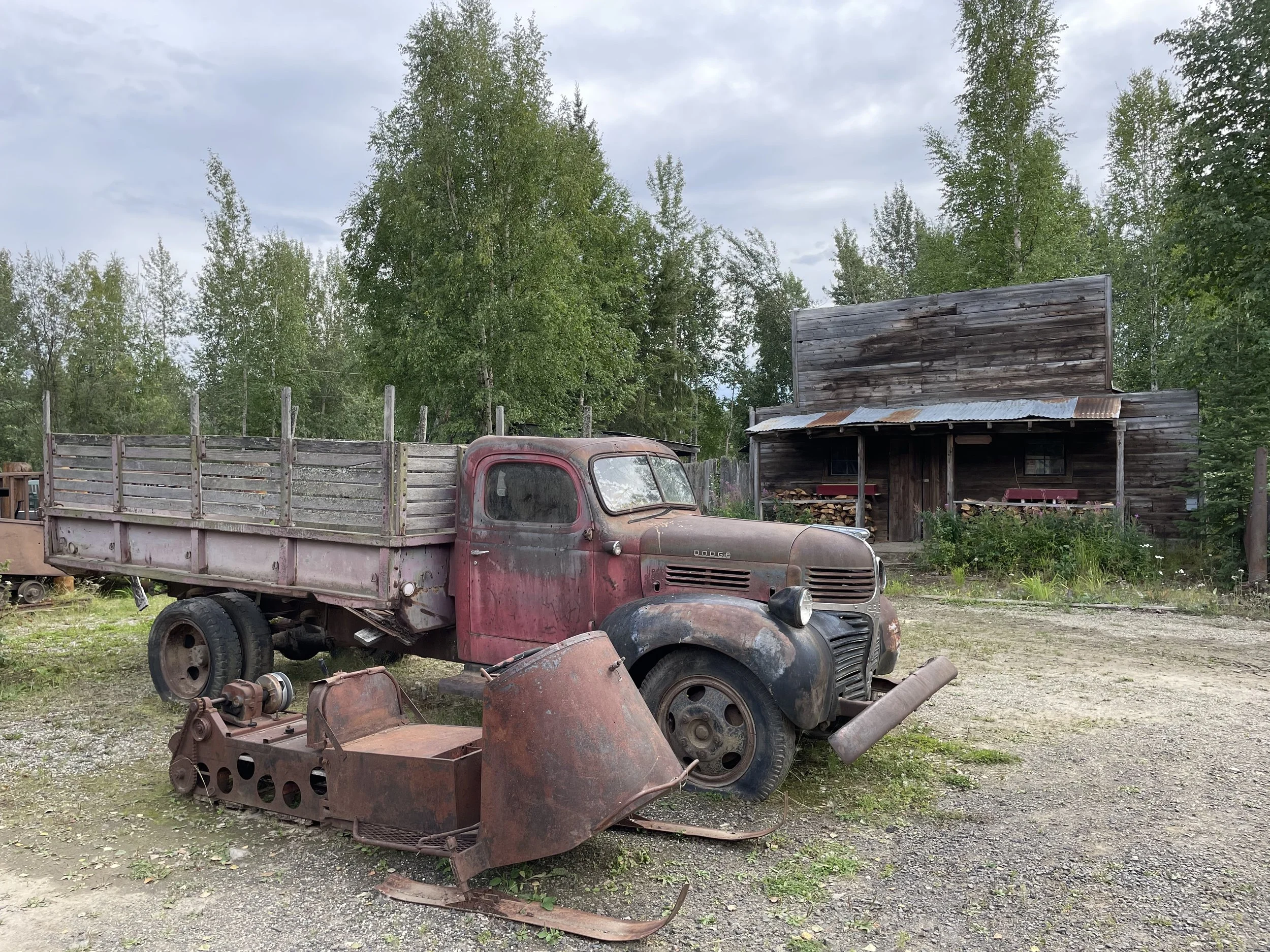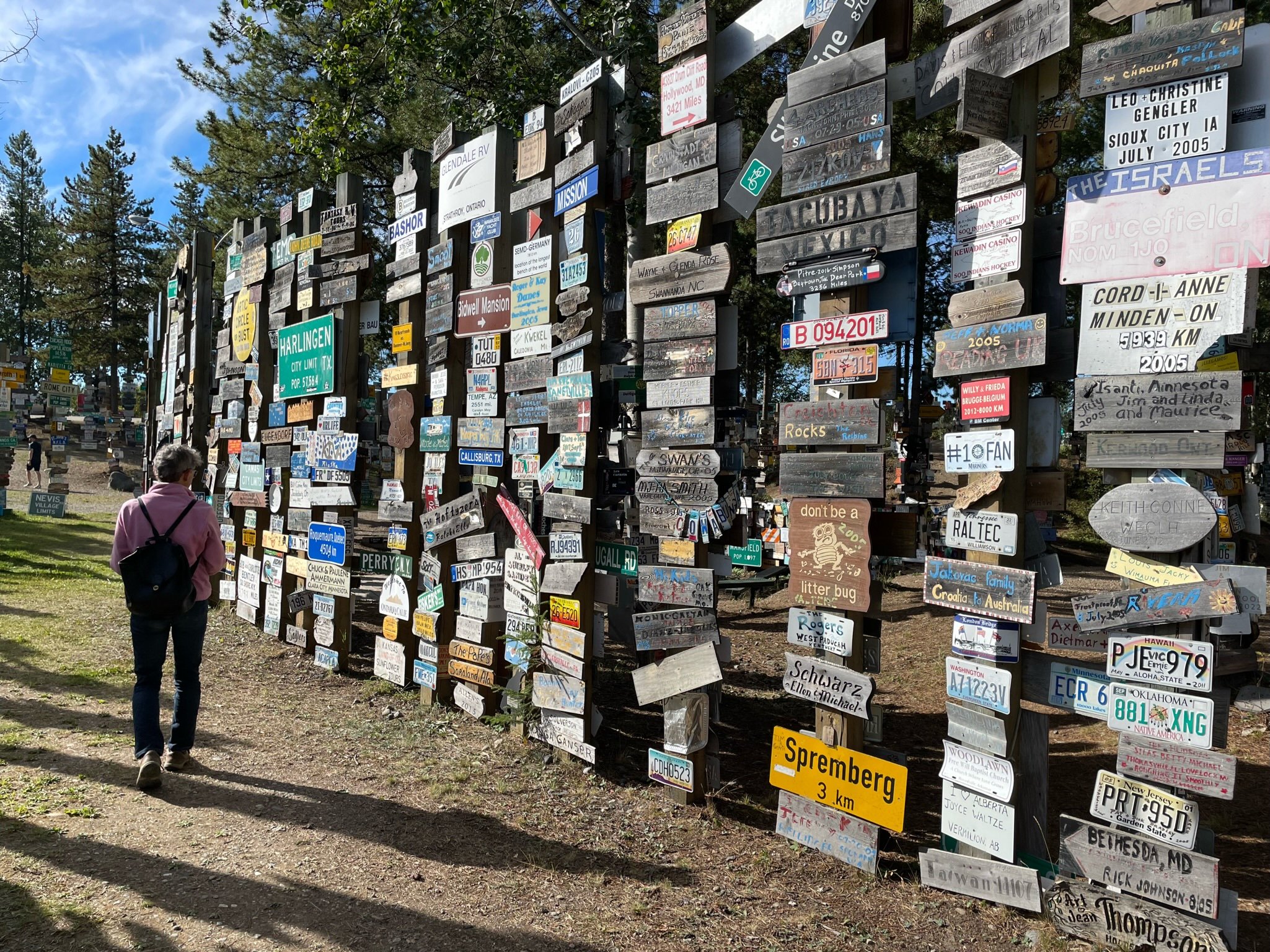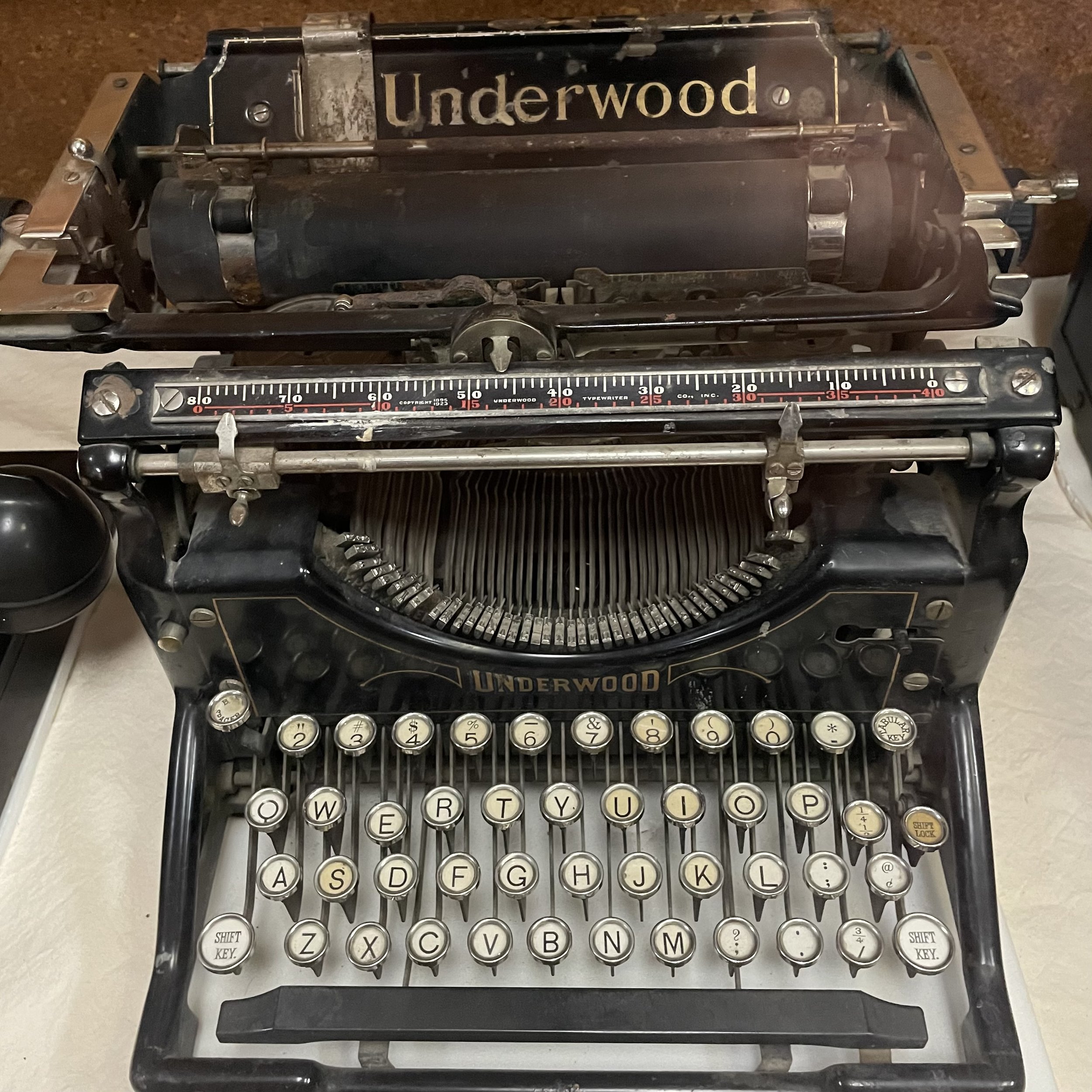Normal Monday
Last Monday night was the beginning of the month in the Hebrew calendar known as Heshvan. Heshvan stands alone in the Jewish year as a month with no festivals or annual observances. In other words, its abnormal feature is that it is the only normal month of the year.
Sometimes when I travel and am staying in a hotel, I will switch on Bloomberg Business News in the morning as I am preparing for my day. Last time I did this I was in New York City where Bloomberg is almost always one of the channel selections.
Bloomberg is clearly targeted to people who work in the financial industry — professional traders, brokers and the like. I consider myself more financially literate than the average person, yet frequently I have no idea what they are talking about on the channel.
On this particular morning, the host was obviously very excited about something that was going on in the market but after watching for about 40 minutes, I was unable to determine what it was. The S&P 500 had barely budged 1/2 a percent. Yields on bonds were rising, though not dramatically. Corporate earnings were unremarkable. All the usual indicators of drama seemed, at least to me, largely absent.
At one point the host said, “Good Morning on this Monday, but this is NOT a normal Monday!”
He was right about that. But maybe not for the reason he thought.
2022 — a Year of Chaos — Like the previous 10,000 Years
Last week I heard someone refer to 2022 as chaotic. It hasn’t seemed particularly chaotic to me. I thought back to 2020, which some people couldn’t wait to see end, only to find that much of what they disliked about 2020 continued unabated in 2021, and the things that did end were replaced by other things not to their liking. In a similar vein, those who have investments in the stock market feel that this has been an particularly troubling year, yet a quick glance at historical returns will show that:
Many, many years have had negative returns and
this year is isn’t even among the five worst of the last 100.
Still, they yearn for normalcy to return?
I have some bad news: this is as normal as it gets.
We have evolved to see patterns and to zero in on that which doesn’t seem conform to the pattern. But patterns aren’t static. They are constantly changing, and that change captures our attention, asking us to adapt. Since, generally speaking adapting requires effort, we, like Herman Melville’s Bartleby, would prefer not to make any change at all at the present time.
At the same time, we long to return to a time that never existed. As jazz musician Ben Sidran puts it, “The past ain’t what it was, the future ain’t what it used to be.” (“I might be wrong” on Picture Him Happy)
We often feel like the world is spiraling toward destruction even though for most of us, most of the time, things are just fine or at least not bad. Much of our discomfort comes from a disconnect between the way things are and the way we would prefer or expect them to be. Sometimes we are able to act to move things closer to the way we’d prefer them to be but very often we can’t. It’s our expectations - not circumstances - that are out of whack.
Since returning home from our summer travels life has been a series of non-stop repairs. When we turned the water back on, the toilet started running and the sink started leaking onto the floor. The car that sat in the driveway for three months has been in for service for an emission light three times. One of the new tires we purchased in Fairbanks developed a sidewall bubble and had to be replaced. The dishwasher died. The new one is sitting in the middle of living room because of problems around installing it. Someone to whom I wrote a check in December deposited the same check a second time, resulting in my bank freezing my account without telling me and my bouncing three payments. Bike tires gone flat. Mice in the flour.
The Miracle of Irritation
None of these things qualifies as a real problem and probably shouldn’t even rise to the level of irritation (though if I am honest, they are irritating). In fact, these challenges are a gift for several reasons.
First, they are a reminder that life is a largely futile process of trying to restore normalcy, which is to say in a state where things are working. At the same time, though the task is futile, nevertheless it is unavoidable. And yes, anything that can be fixed with money is not a problem, just an expense.
Next, once we understand this situation we can choose to see these challenges as our path. More than a decade ago I read a piece in Shambhala Sun magazine (Now Lion’s Roar) titled,” “Five Questions that Help Us Wake Up.” Question Number 2 is “Can I see this as my path?” It is a question to ask yourself in any moment that feels like a struggle or a challenge. Accepting as your path wherever you find yourself is a real moment of awakening.
My Uncle Steve Kohn (of blessed memory) once created a cartoon which took the cliched highway ad, “If you lived here you’d be home now.” and turned it on its head. Sitting in traffic, a man grimacing with frustration glares at a sign which reads, “If you lived now, you’d be home here.” As Sapiens author Yuval Harari said in an interview with Steven Levitt on the People I Mostly Admire podcast, “Perhaps the greatest miracle in the cosmos is that you are a being capable of irritation.”
Finally, since there will never be a normal or perfect or even static state, your best course might be to be happy now. I recently heard a story (perhaps apocryphal) that when the Dalai Lama was asked what was the happiest moment of his life. He thought for a moment before he replied.
“This moment, I think,” he said.


